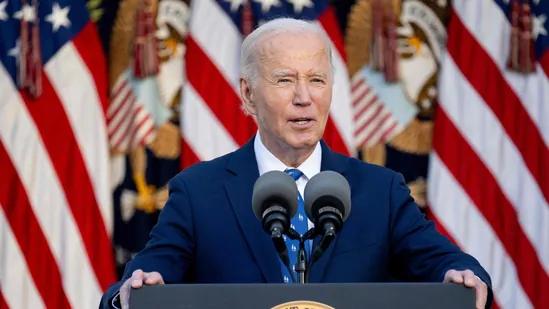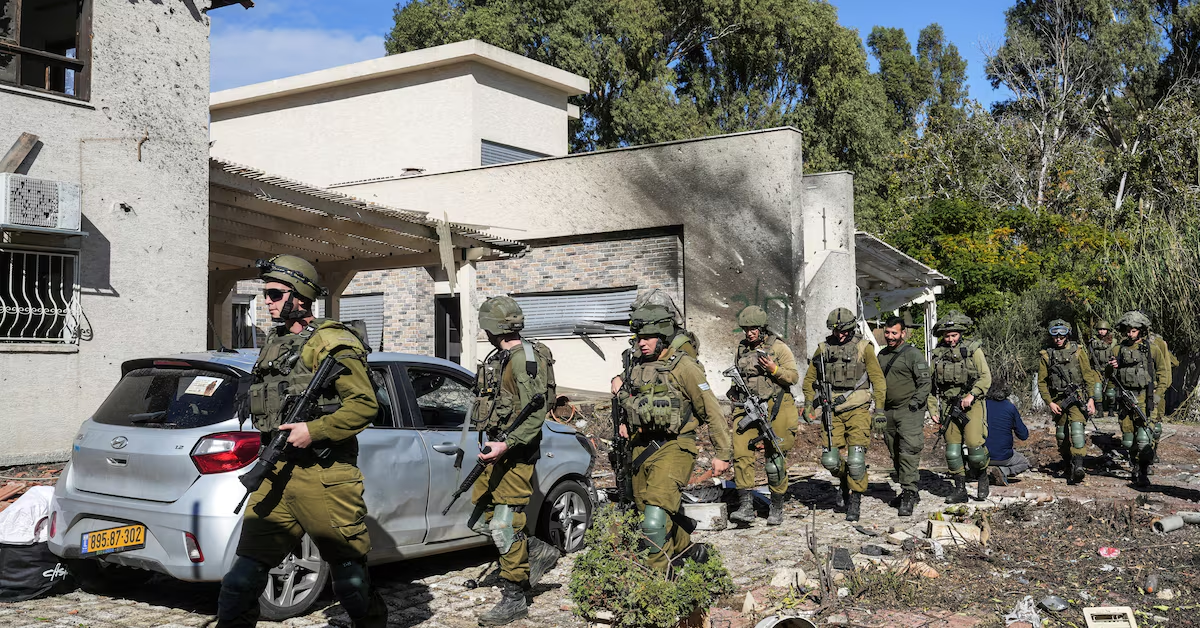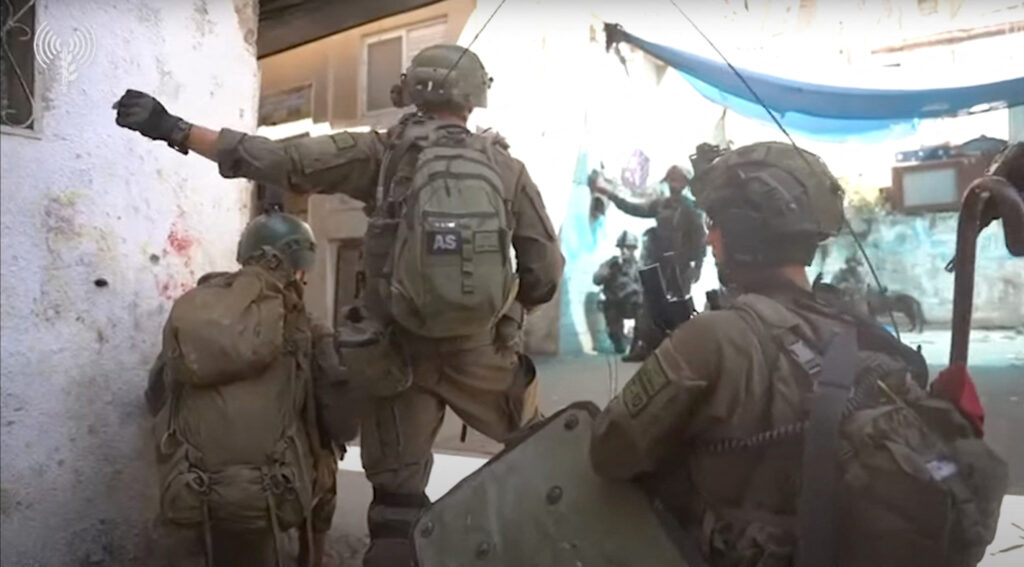Israel and Iran-backed Hezbollah have agreed to a ceasefire beginning Wednesday at 4 a.m. local time (0200 GMT), following intense diplomatic efforts by the United States and France to end months of cross-border violence, President Joe Biden announced Tuesday.

Israel’s security cabinet approved the agreement in a 10-1 vote, clearing the way for what Biden called “a permanent cessation of hostilities” in the conflict that erupted following last year’s Gaza war. “What is left of Hezbollah and other terrorist organizations will not be allowed to threaten the security of Israel again,” Biden said at the White House.
The deal includes a 60-day gradual withdrawal of Israeli forces as Lebanon’s army assumes control of border territories to prevent Hezbollah from rebuilding its infrastructure. Lebanese Foreign Minister Abdallah Bou Habib said the country would deploy at least 5,000 troops to the southern region.
Prime Minister Benjamin Netanyahu, facing coalition opposition to the deal, emphasized Israel’s readiness to respond to violations. “We will enforce the agreement and respond forcefully to any violation. Together, we will continue until victory,” Netanyahu said, adding that Israel retained “complete military freedom of action” in coordination with the United States.

Despite the diplomatic breakthrough, violence intensified Tuesday with Israel conducting extensive airstrikes across Lebanon, killing at least 18 people according to health authorities. Israel reported striking Hezbollah’s financial infrastructure while intercepting rocket launches from Lebanese territory that triggered alarms in approximately 115 settlements.
A senior U.S. official, speaking anonymously, revealed that the U.S. and France would join a mechanism with the UNIFIL peacekeeping force to work alongside Lebanon’s army in monitoring ceasefire violations, though no U.S. combat forces would deploy.
The agreement faces domestic challenges in Israel, where a Channel 12 TV poll showed 37% support versus 32% opposition. Critics, including Israeli Security Minister Itamar Ben-Gvir, argue the deal doesn’t guarantee the safe return of displaced northern Israelis and question the Lebanese army’s ability to contain Hezbollah.

Both Lebanon’s government and Hezbollah insist on allowing displaced civilians to return to southern Lebanon, while some Israeli opposition leaders advocate for a depopulated buffer zone along the frontier.
French President Emmanuel Macron praised the agreement on social media as “the culmination of efforts undertaken for many months with the Israeli and Lebanese authorities.” UN Special Coordinator Jeanine Hennis-Plasschaert welcomed the deal, urging parties to “deliver, through concrete actions, to consolidate today’s achievement.”
Netanyahu said the ceasefire would allow Israel to focus on Iranian threats, replenish arms supplies, give forces rest, and isolate Hamas. He claimed Hezbollah had been “considerably weakened,” with Israel destroying “most of its rockets and missiles, neutralized thousands of fighters, and obliterated years of terror infrastructure near our border.”



